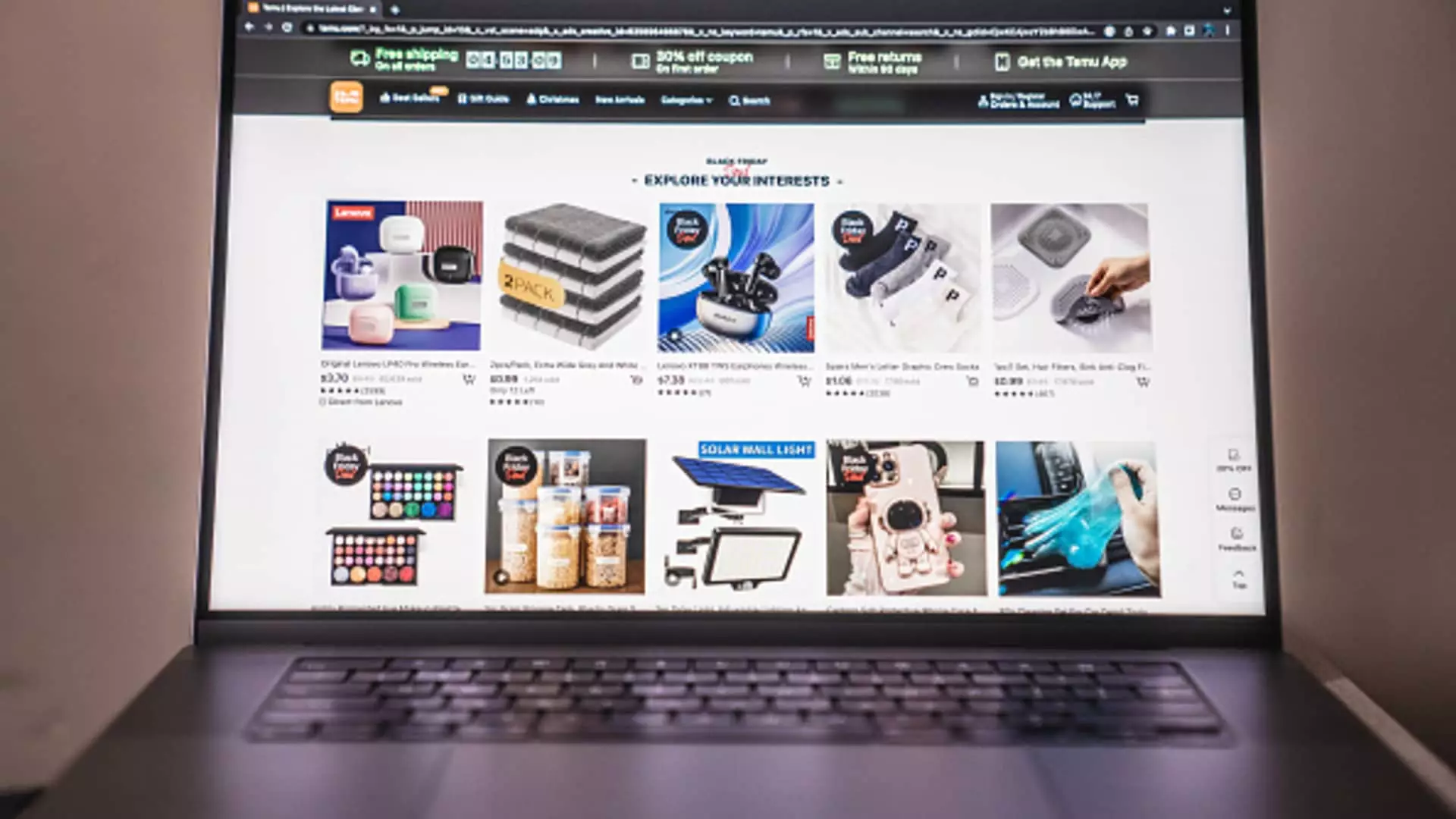The U.S. Consumer Product Safety Commission is under pressure to investigate the safety practices of popular “foreign-owned” e-commerce platforms like Shein and Temu. Concerns have been raised regarding the alleged sale of dangerous baby and toddler products on these platforms. CPSC Commissioners Peter Feldman and Douglas Dziak have called for a closer look at the safety and compliance controls of Temu and Shein, as well as their relationships with third-party sellers and consumers.
The commissioners are particularly interested in understanding the focus of these firms on low-value direct-to-consumer shipments and the challenges that arise when companies with minimal U.S. presence distribute products through these platforms. Recent reports have highlighted instances where Temu was offering banned crib bumpers and Shein was selling hoodies with drawstrings, both of which pose safety hazards to consumers. This has sparked concerns about the effectiveness of safety measures in place on these e-commerce platforms.
In response to these allegations, both Shein and Temu have defended their safety practices. Shein’s spokesperson emphasized that customer safety is a top priority for the company and that they are investing significant resources into strengthening their compliance programs. Similarly, a representative from Temu stated that all sellers on their platform are required to comply with laws and regulations, including those related to product safety. Both companies have expressed willingness to cooperate with any investigations initiated by the CPSC.
The popularity of discount retailers like Temu and Shein in the U.S. has been fueled by their aggressive online marketing strategies and the availability of affordable goods from China. Shein, valued at $66 billion, launched in the U.S. in 2017 and has rapidly expanded through extensive advertising on platforms like Google and Facebook. Temu, owned by PDD Holdings, entered the U.S. market in 2022 and has made significant investments in marketing, including a high-profile TV spot during the Super Bowl.
One of the key factors driving the growth of Shein and Temu is the trade loophole known as the de minimis exemption, which allows duty-free entry of packages valued under $800 from China into the U.S. These e-commerce platforms have leveraged their relationships with manufacturers and suppliers in China to directly ship goods to American consumers. While this has contributed to their rapid growth, it has also raised concerns about the quality and safety of products being sold.
CPSC officials have requested additional funding to hire staff members for monitoring emerging e-commerce platforms like Temu and Shein with a focus on safety practices. Lawmakers are also actively scrutinizing these platforms to ensure that consumer protection and product safety are not compromised. The outcome of these investigations and regulatory efforts will be crucial in determining the future of product safety on e-commerce platforms.


Leave a Reply